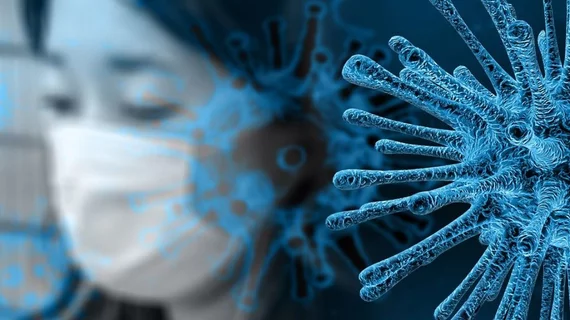The infectious illness formerly known as coronavirus is now Covid-19, short for “coronavirus disease 2019.”
In announcing the naming, which will help distinguish the current strain of coronavirus from any others that may emerge, the World Health Organization confirmed 2,560 new cases identified around the world in the 24-hour period ending Feb. 11 at 10 a.m. Central European Time.
This brings the total global count of WHO-confirmed cases since Dec. 31 to more than 43,000.
Of these, China accounts for the vast majority: 42,708 cases, including 7,333 considered severe and 1,017 that resulted in death. Outside of China, 395 total cases have been recorded across 24 countries, including 76 new diagnoses, with only one confirmed death, according to the WHO.
Still, the WHO is warning that the global risk of the further spread of Covid-19 remains high everywhere and is still “very high” in China.
In the U.S., one new case has brought the total count to 13. Of those, 11 patients recently traveled to China. The other two are believed to have become infected outside of China.
Canada has seen seven total cases of Covid-19, the WHO reports, six of which were contracted in China and one that remains under investigation.
The organization says its current strategic-response objectives begin with limiting human-to-human transmission—including reducing contact between possible Covid-19 patients and healthcare workers—and preventing further international spread from China.
“This can be achieved through a combination of public health measures, such as rapid identification, diagnosis and management of the cases, identification and follow-up of the contacts, infection prevention and control in healthcare settings, implementation of health measures for travelers, awareness-raising in the population and risk communication,” the WHO suggests.
Among its recommendations and advice for the general public, the WHO includes taking cautionary steps such as:
- Avoiding close contact with people suffering from acute respiratory infections;
- Washing hands frequently, especially after direct contact with ill people or their environment;
- Avoiding unprotected contact with farm or wild animals; and
- Practicing “cough etiquette”—keeping distance, covering sneezes, washing hands—when one comes down with any kind of respiratory illness.
As for healthcare facilities, the WHO advises clinical and administrative leadership to “enhance standard infection prevention and control practices in hospitals, especially in emergency departments.”
To read the WHO’s full Feb. 11 Covid-19 situation report, click here.

